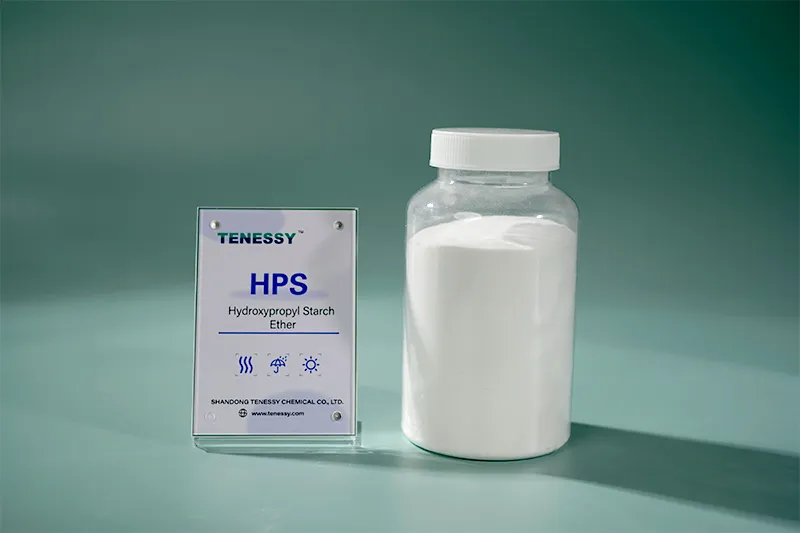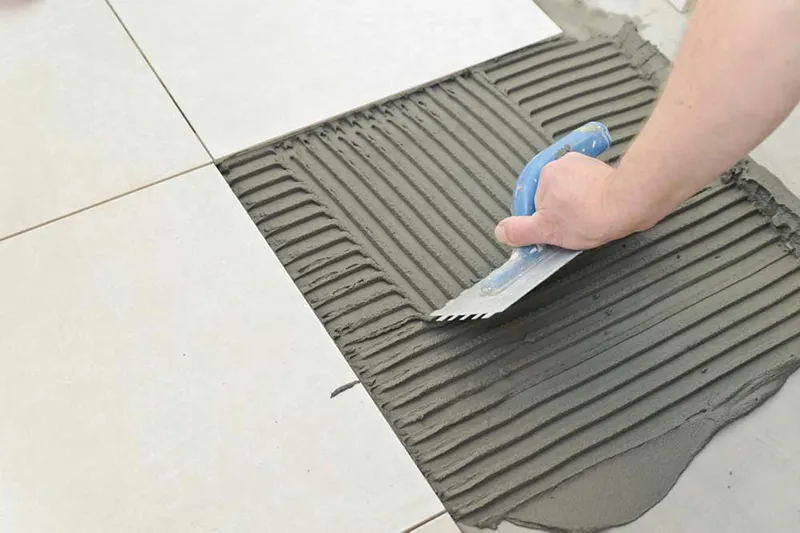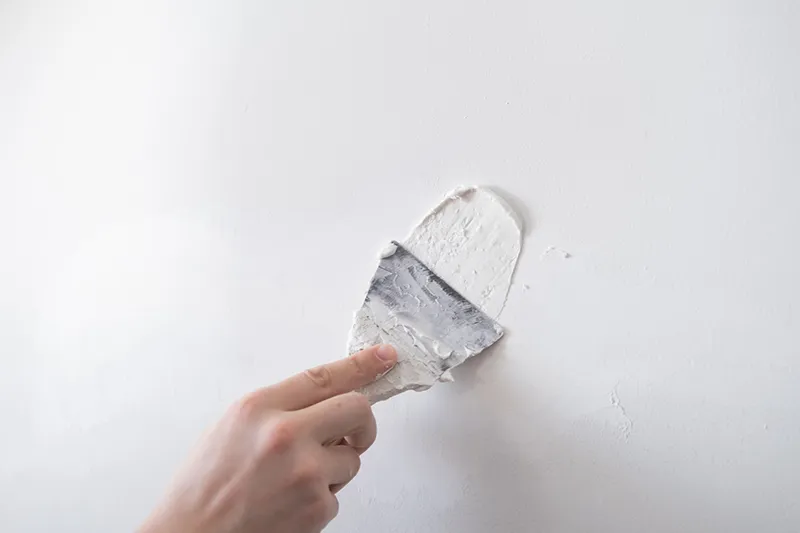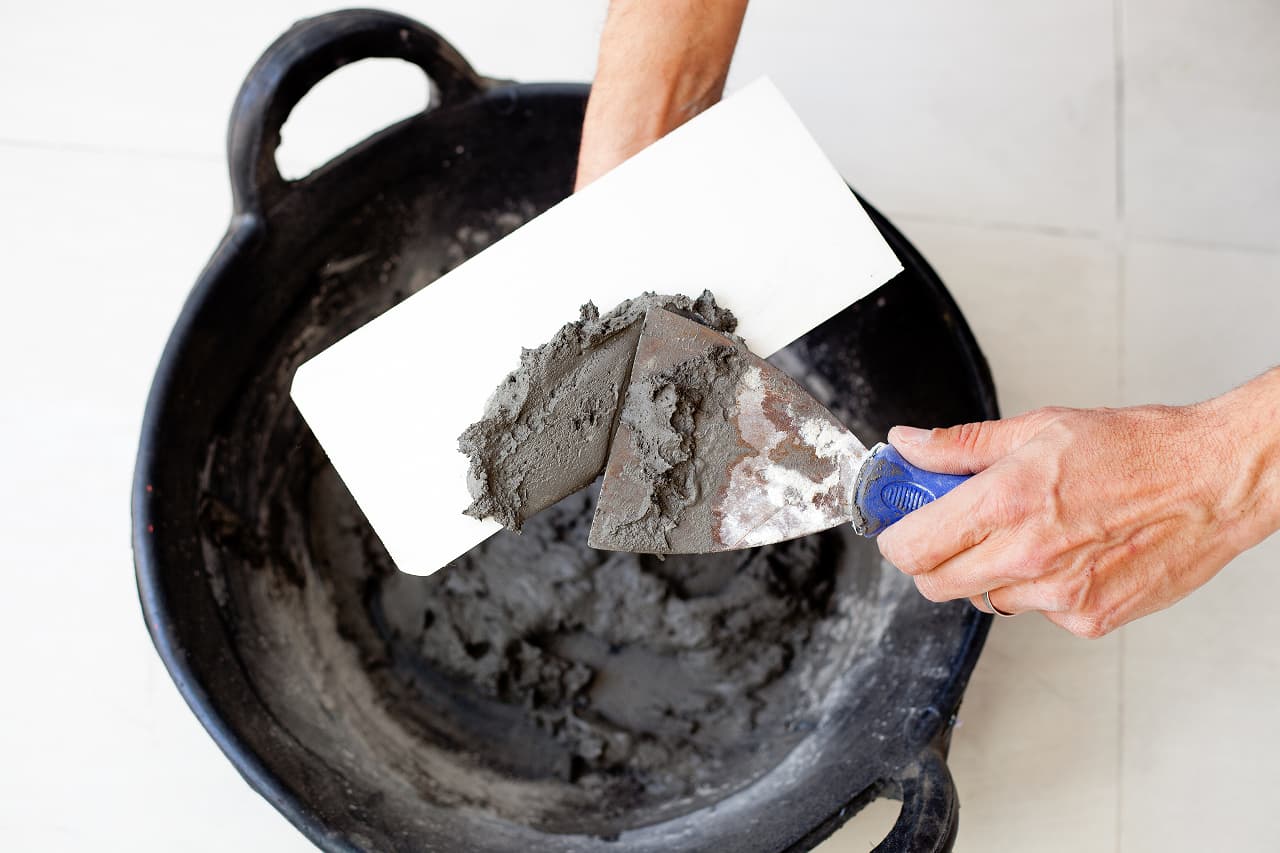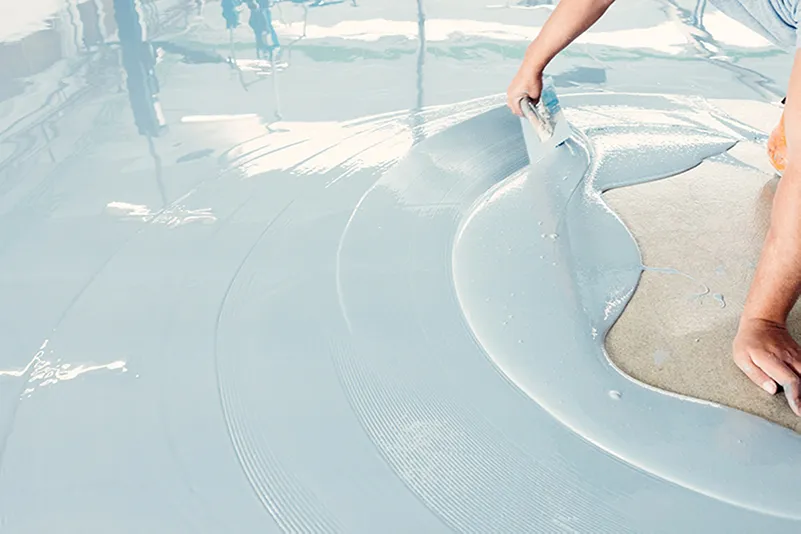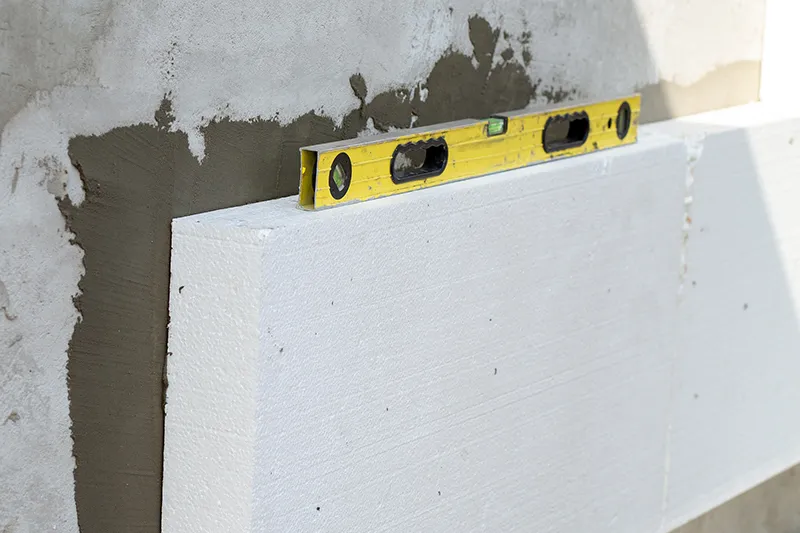Enlucido a base de yeso
Gypsum Plaster additives
Yeso
Gypsum plaster, widely used for interior wall finishing, is prized for its smooth texture and fast drying. However, issues like poor workability, fast setting in hot weather, cracking after drying, and weak bonding can often arise. That’s where Gypsum Plaster Additives come in.
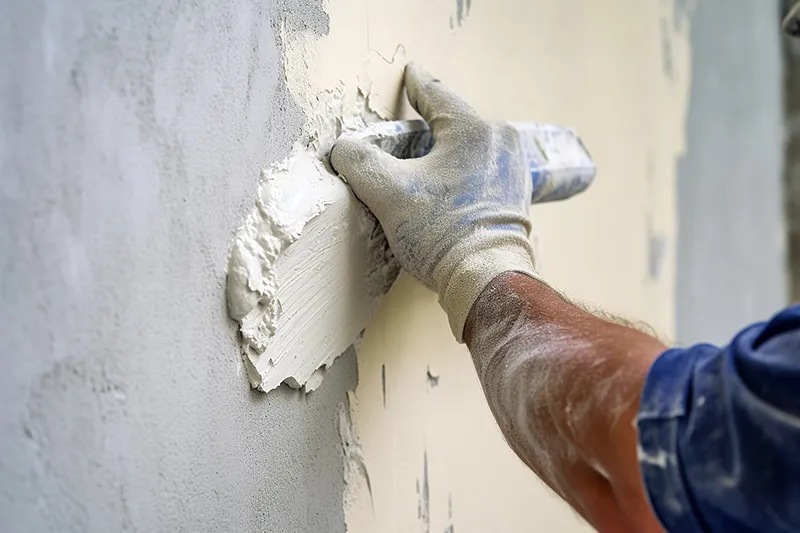
Gypsum Plaster Additives - For Smoother Walls
At TENESSY, we offer tailored solutions to improve gypsum based plaster—from workability and strength to setting control and surface quality.
Whether you're a manufacturer or a contractor, our additives (HPMC, Gypsum Retarder, Starch Ether) help you produce the best gypsum plaster for interior wall applications with consistent performance.
Reliable Gypsum Plaster Performance with High-Quality Additives
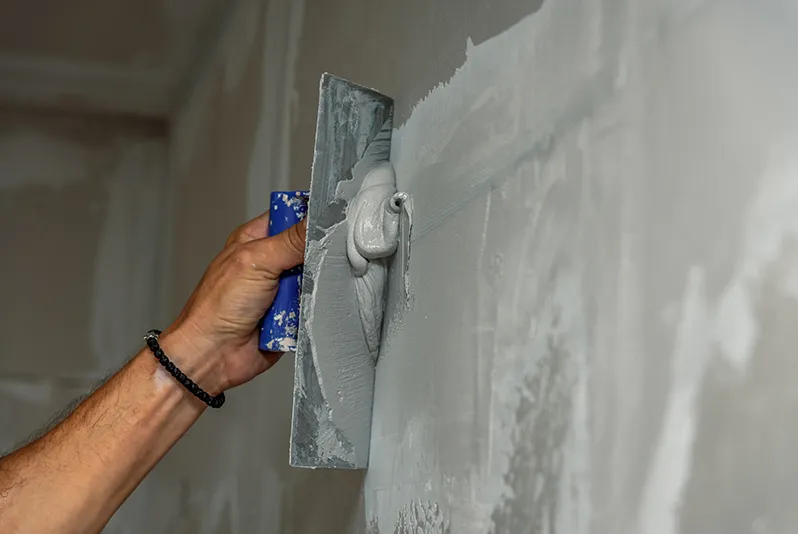
Whether you’re focused on gypsum plaster for walls, gypsum plaster for interior walls, or decorative plaster and gypsum, quality additives make a difference in both product performance and customer satisfaction.
Common Problems in Gypsum and Plaster Applications
Even high-quality gypsum plaster walls can show performance issues without the right formulation. Here are frequent problems:
Setting too fast, especially in hot or dry climates.
Powdery or chalky surface after drying.
Poor bonding with concrete or brick substrates.
Cracking due to shrinkage or thermal stress.
Difficult application in hot or dry environments.
Sagging in thick layers on vertical surfaces.
Low final strength, resulting in weak or brittle finishes.
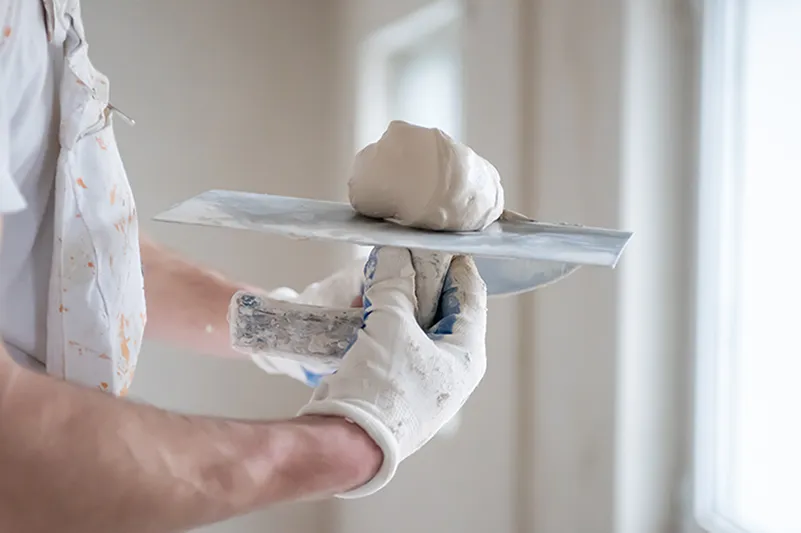
Using TENESSY Gypsum Plaster Additives
- Improve smoothness, mixing ease, and application feel.
- Adjust fast or slow set based on seasonal conditions.
- Minimize shrinkage and improve dimensional stability.
- Ensure excellent bond to bricks, blocks, or concrete.
- Prevent premature drying, especially in hot climates.
Recomendar productos
At TENESSY, we engineer additives to solve these exact challenges. Each formula is tested in real gypsum systems and customized for your market.
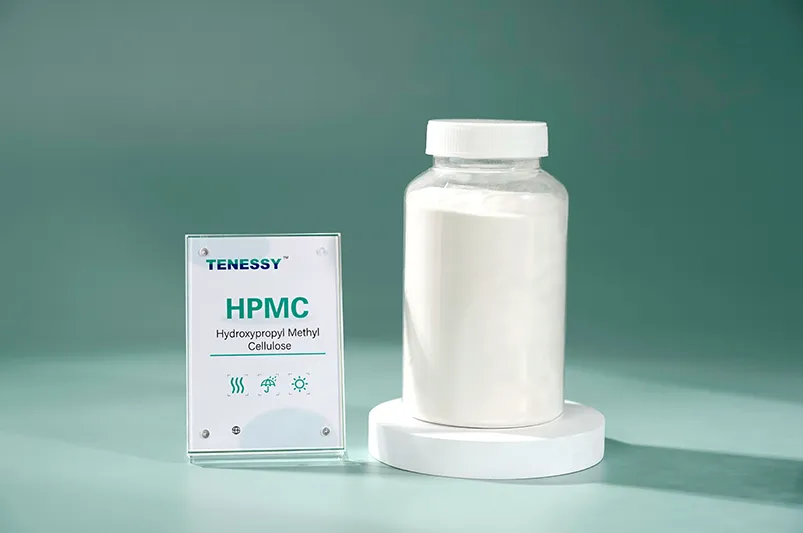
Hidroxipropilmetilcelulosa
Improves water retention, workability, consistency, and crack resistance.
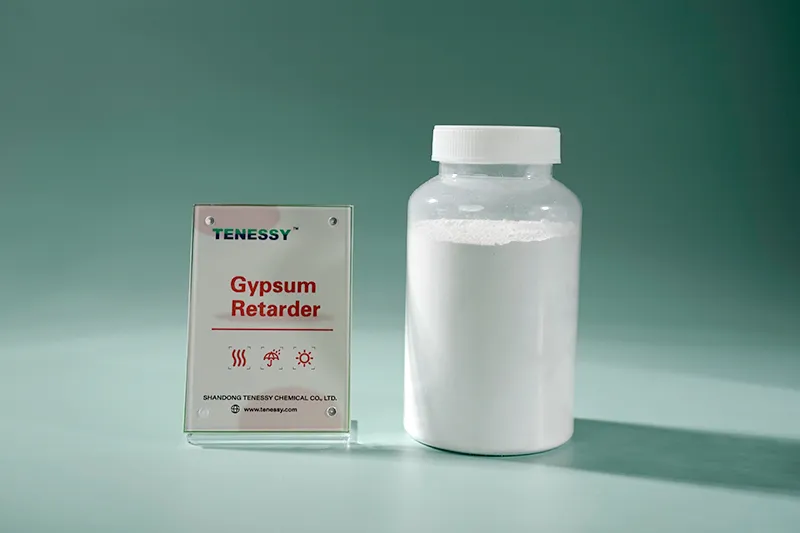
Construir mejor con aditivos más inteligentes
Casos de aplicación
TENESSY additives have been successfully used by top gypsum plaster manufacturers in:
A customer in the Middle East was having issues with gypsum plaster setting too quickly during the summer and after adding our custom blend of gypsum retarder and HPMC, customer satisfaction was greatly improved.
After adopting TENESSY’s HPMC and retarder combination to solve early setting and dusting problems, a gypsum wall plaster factory in India saw a 30% reduction in customer complaints.
otros sectores
Más aplicaciones
Try Our FREE Products Sample!Customized Gypsum Plaster formulations based on your needs.
Gypsum Plaster Additives from a TENESSY Manufacturer
En Tenessy, experimente nuestros productos de primera mano con una muestra GRATUITA.
- Tamaño de la muestra: 200 g o 400 g.
- Envío: Rápido a través de FedEx o DHL.
- Servicio: Asistencia experta para el ajuste de la fórmula.
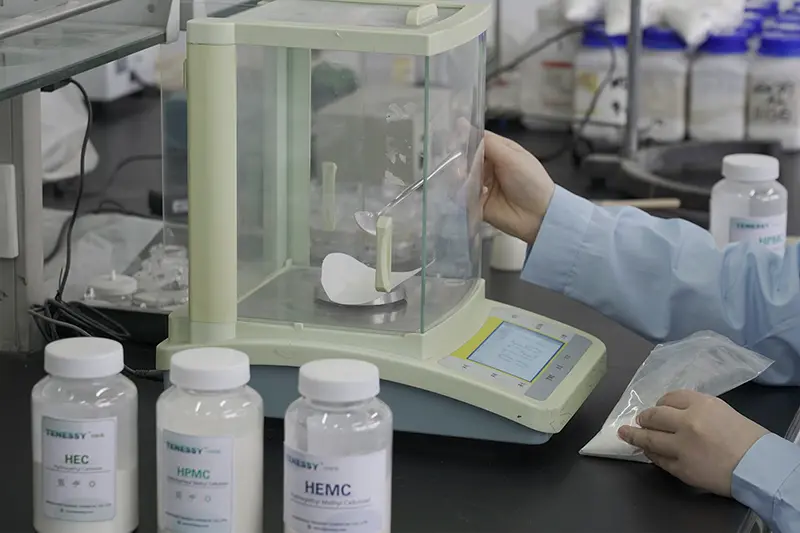
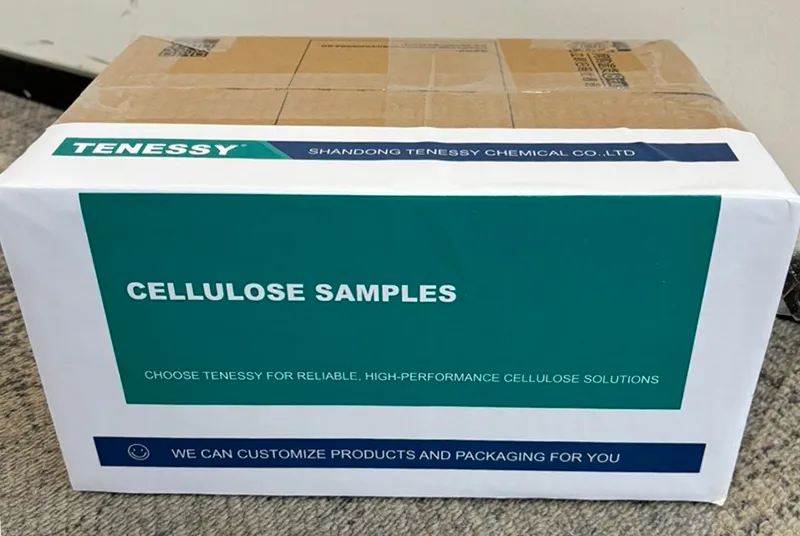
PREGUNTAS FRECUENTES
Seasonal changes in temperature and humidity affect the setting speed, moisture evaporation, and final strength of gypsum. For example, in hot, dry summer weather, the material sets too quickly, leaving little time for application, while in cold, damp winter weather, the hardening time is delayed. By adding the appropriate amount of retarder or accelerator, you can effectively adjust the application performance in different climates, maintaining the consistency and reliability of the formula.
This issue is typically related to insufficient water retention, excessive application thickness, or high absorbency of the substrate. Inadequate water-retaining additives can cause rapid moisture loss, disrupting hydration reactions and leading to early cracking or surface powdering. We recommend using HPMC with appropriate viscosity, combined with an appropriate amount of polymer powder to enhance flexibility and adhesion, effectively reducing these issues.
Sprayed gypsum requires higher rheological and sag resistance properties. Ordinary formulations tend to slide or flow back on vertical surfaces. Using starch ether additives can optimize the material's thixotropy and sag resistance, ensuring smooth application while reducing the likelihood of spray gun blockages and improving construction efficiency.
Setting time control requires consideration of both the work environment and worker habits. Protein-based or amino acid-based retarders can be added to extend open time, ensuring sufficient application time; accelerators can be added when rapid turnover is required. We can provide customized additive combinations to meet your production schedule requirements.


